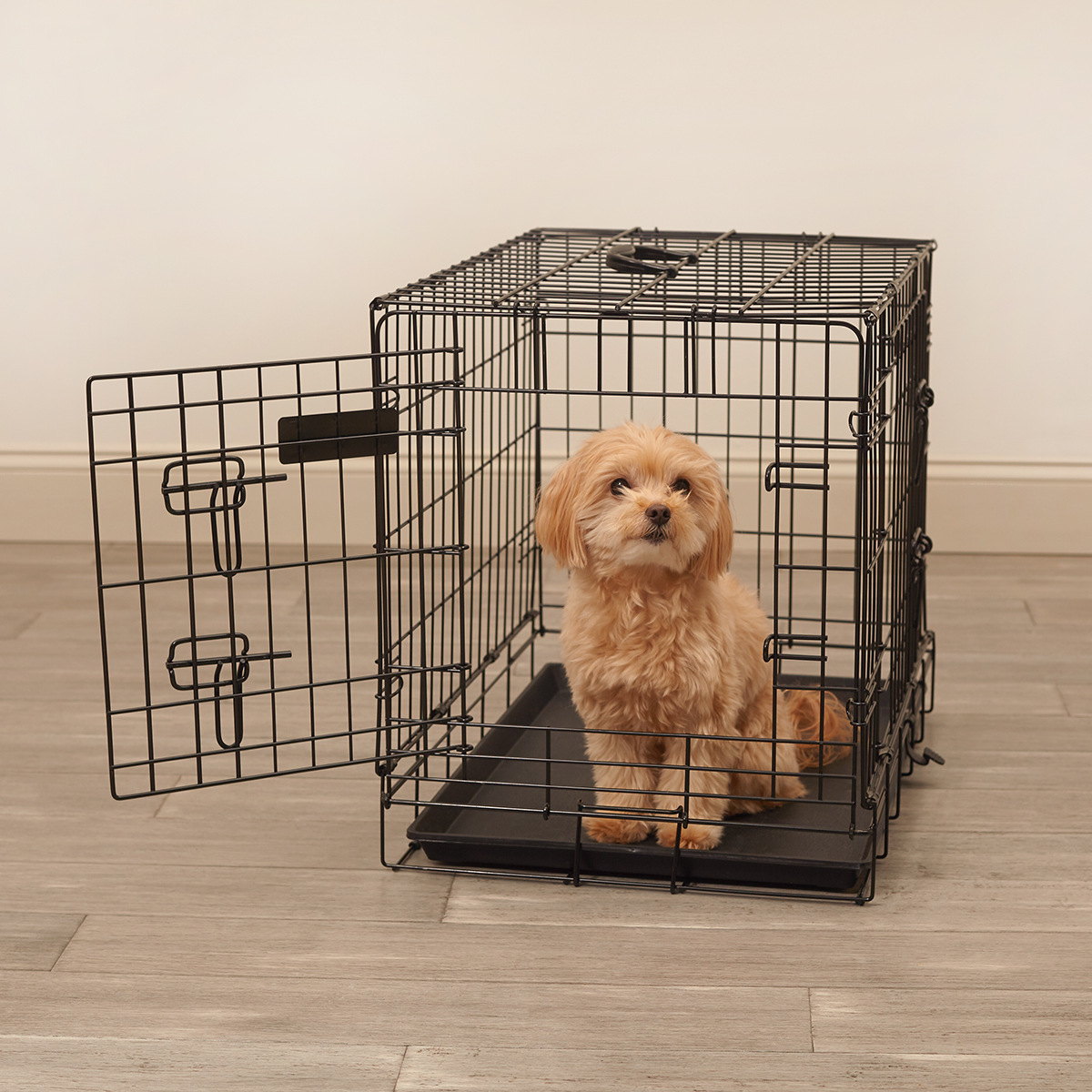Ways to prevent rotten peanuts
Expert: Rotten peanuts sown in the spring of last year have both external and internal causes. The external cause is that several cold currents invaded from mid-late April to early May last year, resulting in a period of cold and humid weather in spring. This is very detrimental to the emergence of the warmth of peanuts; the internal reason lies in the characteristics of peanut seeds. Peanuts have high requirements for emergence conditions. All the rotten plots are early seeding and pre-soaked and germinated in advance. Under cold and wet conditions, the more common rotten seed problems will inevitably occur. Therefore, we must first introduce the characteristics of peanut seeds and the specific requirements for the emergence conditions. Only after mastering these can we prepare for sowing and ensure smooth emergence.
Peanut seeds have strict requirements on soil water, gas and heat from germination to emergence:
1. Temperature: The dormant period of dense branch subspecies is long and the lowest germination temperature is 15 ℃; the dormant period of thin branch subspecies is short and the lowest germination temperature is 12 ℃. From sowing to emergence, seeds need to have an effective accumulated temperature greater than 12 ° C and higher than 115 ° C. Spring peanuts generally take 10-20 days from sowing to emergence. The minimum temperature required for peanut seeds to complete the process of germination, top soil and emergence is 14-16 ℃.
2. Water absorption: Peanuts are large-grained, with an average 100-grain weight of more than 50 grams, and some varieties can reach more than 80 grams. From germination to emergence, it is necessary to absorb 4 times the weight of the seed to complete emergence.
3. Oxygen consumption: Peanuts consume more oxygen during the germination process. If the oxygen content in the soil air is not enough, it will affect the emergence of seedlings.
Factors affecting the emergence of peanuts also include seed quality, climatic conditions, sowing quality, plant diseases and insect pests, and soil conditions. Peanuts like sandy loam with deep soil layers, loose aeration, good water and water retention, and rich organic matter. The preparation of seeds before sowing is also very important. Sun-drying: can improve seed vitality; timely shelling: not too early to avoid loss of protection, generally sowing on the same day or the next day after sowing; seed sowing and germination: soaking seeds in warm water, do not flip, so as not to peel, so that the seeds absorb moisture . The young shoots can't be promoted too long, so it is best to sow the seeds when they are just exposed. It should be noted that the soaking and germination measures are conditional. When the soil moisture is good, the temperature is low, and it is appropriate or early to sow, there is no need to soak and germinate. Sowing seeds at the right time requires seed soaking.
In order to prevent peanuts from rotting, the following points should be noted in field management:
1. Sowing in time: the depth of sowing should be moderate, the soil moisture is good, and the germination is appropriate when the temperature is stable.
2. Peanut seed fertilizer is generally selected as calcium, diammonium phosphate or low nitrogen and high phosphorus compound potassium varieties. Do not use elemental urea or high nitrogen urea-based compound fertilizer.
3. In case of cold weather, the sowing date can be postponed appropriately. When supplementary sowing is necessary, seed germination, inoculation, etc. can be properly promoted at the same time.
In short, according to the local soil temperature and soil moisture, the sowing period is appropriate, and the correct seed soaking and germination can prevent the peanut from rotting.
Product Name Folding Dog Cage Dog Kennel is easy to fold.
Kennel Size 18'',24'',30'',42'',48'' or custom size
Product Color Black or custom as your required
Surface: Black (Metal Grey )Powder Coated
Features Practical shape, intimate detail design, strong and durable,Capacious Space,simple and quick install
MOQ 200 pieces
Features
-Muliple configurations assembled, Dog cage set-up in less than 30 minutes
-Premium commercial grade steel, durable powder coated protects against rust resistance
-Panel is galvanized before powder-coated finish for superior looks and long lasting life
-Provide containment for your pet that is permanent
-Especially fitted for larger breeds
-Offering full access to the open sky
-All components are attached with screws, Easy to assemble and portable enough to be easily repositioned.

Pet Cage, Steel Cage, PVC painting Pet Cage,Large Pet Cage
DINGZHOU TIAN YILONG METAL PRODUCTS CO., LTD. , https://www.wiremeshsolution.com